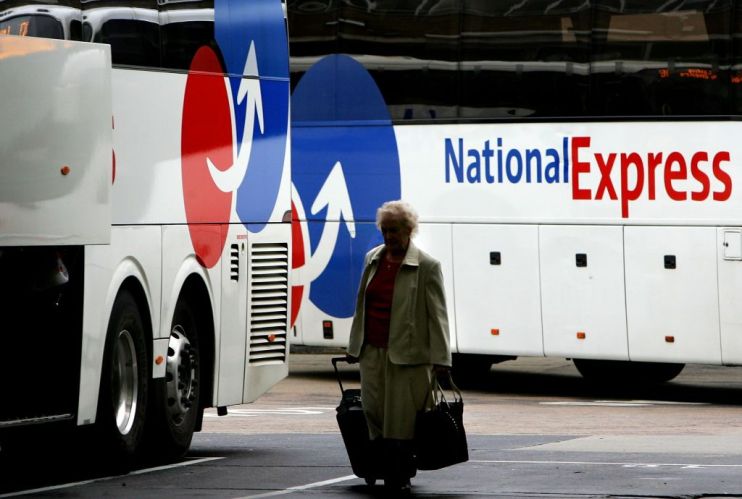National Express and Stagecoach announce merger, creating £1.9bn company

Coach giant National Express and rival Stagecoach have announced they will merge by late 2022, reaching an agreement after months of talks.
Following the announcement, shares for both Stagecoach and National Express surged, going up 12 and 2.98 per cent respectively.
The new company – which will have a fleet of around 40,000 vehicles and a workforce of 70,000 – will be owned 75 per cent by National Express, leaving a 25 per cent stake to the Stagecoach Group.
Under the terms of deal – which might need to be scrutinised by the Competition and Markets Authority (CMA) – Stagecoach’s shareholders will receive 0.36 new National Express shares in exchange for each Stagecoach shares they hold.
In addition to announcing the merger, Stagecoach today disposed of three of its subsidiary businesses, including low-cost coach service Megabus, which is believed to be competing with National Express.
As a result of the merger, the combination company is expected to provide savings of £45m, achieving 25 per cent by the end of the first year and 85 per cent by the end of the second.
According to global law firm Ashurst, the combined group’s pro-forma market capitalisation will be around £1.9bn.
“This is an exciting opportunity to bring together two of the UK’s iconic transport brands to create a strong, diverse business that is well-placed to grow the market for greener and smarter public transport for the benefit of all stakeholders,” said Stagecoach’s chief executive Martin Griffiths.
The merger comes amid Stagecoach reporting encouraging half year results, as the company’s profits surged 104.3 per cent, rocketing to £32.9m, while earnings per share went up from 0.1p to 2.7p, City A.M. reported.
Initially explored in September, the merger was stalled when Stagecoach’s panel on takeovers and mergers consented to an extension to the date by which National Express was required to announce its intention to buy the rival. The deadline, initially set for 16 November, was later pushed to today.